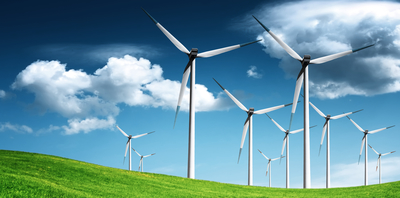FFRE Transition Workshop Series
UNOSD
#SDGAction40104
Description
The initiative is achieved by pooling expertise and experiences from both implementing partners and participating Member States. Based on the overall objectives and specific focus of each FFRE workshop, instructional content calls upon such expertise, for both material and instructors, while all participants are encouraged to share their experiences and lessons learned for the benefit of others. Workshops are organised at the regional level, in a regional lingua franca, under the auspices of one of the participating Member States. Events are kept to a medium-size group of 15-25 people, enabling agile participation and interaction for maximum exchange and learning over a period of 3 to 5 days.
The event is a capacity-building initiative, focussed on training and knowledge exchange between participants, and the nurturing of a lasting community of practice for peer support in energy transition.
To date, the initiative has been coordinated by UNOSD, having taken the lead in launching the FFRE series with the Mauritius event. UNOSD will continue in the foreseeable future to coordinate FFRE workshops, although with increasing inputs from its partners from WECDB/DSD and GSI with both capacity development contents and organisational support. Other partners may soon join the initiative.
Water, Energy and Capacity Development Branch, Division for Sustainable Development, UNDESA
Global Subsidies Initiative (GSI), IISD
SDGS & Targets
Goal 7
Ensure access to affordable, reliable, sustainable and modern energy for all
7.1
By 2030, ensure universal access to affordable, reliable and modern energy services
7.1.1
Proportion of population with access to electricity
7.1.2
Proportion of population with primary reliance on clean fuels and technology
7.2
7.2.1
Renewable energy share in the total final energy consumption
7.3
7.3.1
Energy intensity measured in terms of primary energy and GDP
7.a
7.a.1
International financial flows to developing countries in support of clean energy research and development and renewable energy production, including in hybrid systems
7.b
By 2030, expand infrastructure and upgrade technology for supplying modern and sustainable energy services for all in developing countries, in particular least developed countries, small island developing States, and land-locked developing countries, in accordance with their respective programmes of support
7.b.1
Installed renewable energy-generating capacity in developing and developed countries (in watts per capita)
SDG 14 targets covered
Deliverables & Timeline
Resources mobilized
Partnership Progress

Feedback
Action Network

Timeline
Entity
SDGs
Region
- North America
More information
Countries
Contact Information
François Fortier, Senior Sustainable Development Expert

